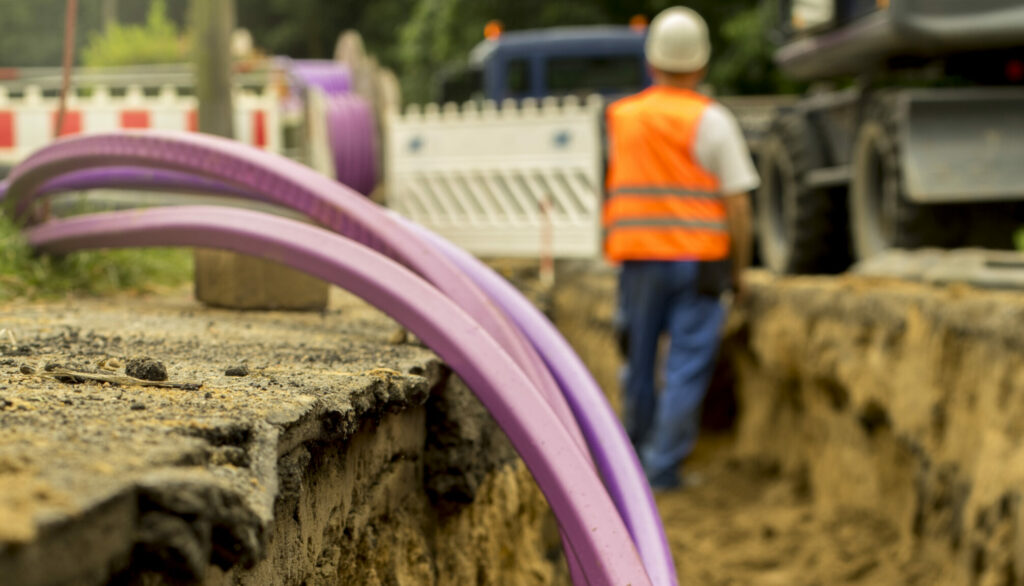For decades, Buy America requirements were focused on iron and steel and had only covered certain federally funded infrastructure projects; however, the Infrastructure Investment and Jobs Act (IIJA) expanded those provisions and added new products to the list. Therefore, since the passage of the IIJA, the Office of Management and Budget has been tasked with providing guidance to federal agencies on topics such as what materials and products Buy America requirements will apply to, what is defined as a construction material versus a manufactured product, what constitutes infrastructure, and how the waiver process will be structured.
To begin to clarify the Build America, Buy America Act (BABAA) requirements that were included in the IIJA, in April 2022, OMB released guidance to agencies on the application of requirements; however, each agency was tasked with managing their own waiver process. Then, this February, OMB issued proposed guidance on how to implement BABAA provisions. This guidance provides additional information on how the federal government will interpret the “produced in the United States” requirements for manufactured products, construction materials, and iron/steel and attempts to clarify how the government will distinguish between a manufactured product and a steel/iron product, as well as how the government will define the requirement that “all manufacturing processes” for construction materials occur in the United States.
The February guidance followed President Biden’s announcement during the State of the Union that his Administration would implement new standards to require all construction materials used in federal infrastructure projects to be made in America. Comments to the proposed guidance were due on March 13, and over 1,700 individual comments were submitted to the Federal Register.
While ASCE supports the intention of the BABAA, there remain some concerns about hampering innovation, causing unnecessary project delays and cost increases, and further constraining markets. While guidance from the Administration related to BABAA is helpful, with continued inflation and supply chain issues already creating challenges for the effective implementation of the IIJA, it will be critical to not add additional burdens or requirements that could further impede the full impacts of this historic investment.
For many gadgets and materials that engineering professionals rely on every day, there are no American manufacturers. For example, products such as steam turbine generators, building electronics, and high-alloy piping are no longer available from U.S.-based manufacturers. In some cases, there are American manufacturers, but their lead times are extremely long, and it may be quicker to get the equipment from offshore manufacturers than domestic ones.
Therefore, earlier this week ASCE joined its partners in the Transportation Construction Coalition in submitting comments to OMB on the proposed BABAA guidance. In the comments, the coalition reiterated support for maximizing investments from the IIJA, as well as growing domestic manufacturing. However, the comments also requested that OMB clarify that BABAA requirements do not apply to temporary products used on construction projects, and urged OMB to follow Congress’ intent by excluding aggregates and related materials from Buy America preferences.
Furthermore, another key concern from infrastructure stakeholders continues to be the calculation of the 55 percent produced in the United States provision. Many manufacturers, especially in the water sector, which utilizes components like valves, pumps, and aerators, must match an exacting design standard set by a utility that often comes at a range of prices, making it very difficult to comply with the 55 percent cost compliance. Stakeholders have actively shared these concerns with OMB during the comment period.
Going forward, ASCE will continue to track how BABAA requirements will impact the implementation of the IIJA, as well as how federal agencies are following domestic sourcing requirements and how implementation of BABAA continues to vary from agency to agency.
